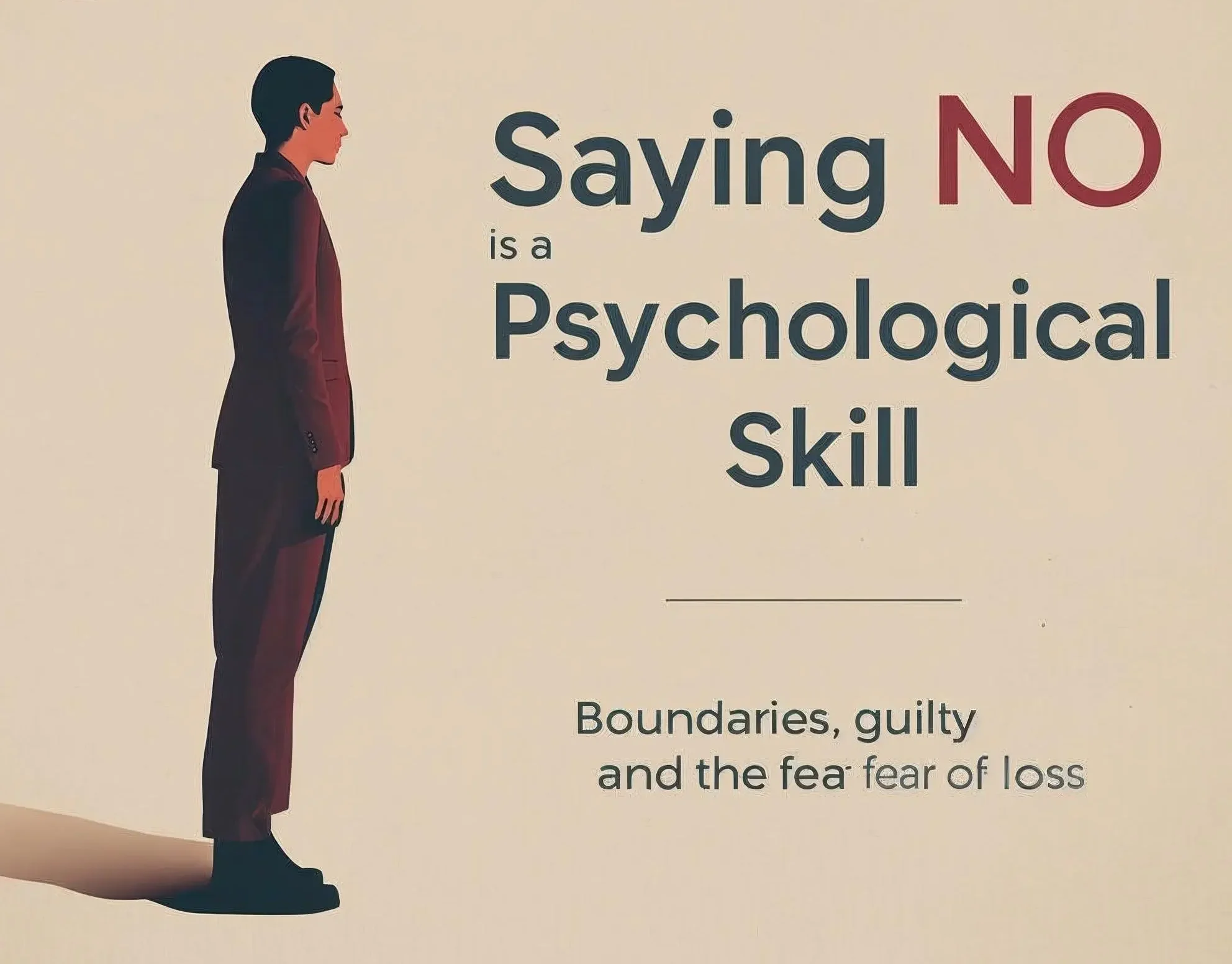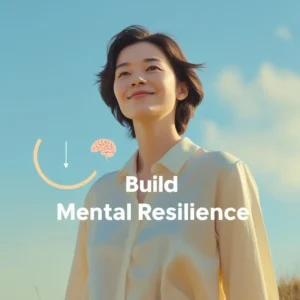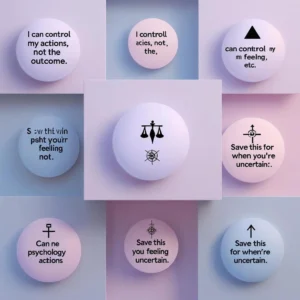When Your Mind Can’t Take It Anymore: A Human Look at Acceptance
There are days when nothing is wrong, yet everything feels heavy.
You’ve done everything “right,” but something inside you refuses to move.
You don’t feel joy. You can’t focus. You’re just… functioning.
And instead of asking what do I need?, you whisper to yourself,
“Why am I like this? I should be fine.”
But the truth is: you’re not missing anything — you’re exhausted.
Your brain isn’t broken. It’s protecting you.
The mind doesn’t punish you when you’re overwhelmed — it shields you.
Look at Ivana, 34. A perfectionist, always performing, always composed.
Everything in her life looks “in order” — career, family, even her smile.
Yet lately, she keeps forgetting things, zoning out mid-conversation,
crying in her car without knowing why.
She says, “It’s like I’m watching my own life from the outside.”
That’s not weakness. That’s her brain saying, “Enough. I need rest.”
Aleksandar, 45, runs a company. Responsible. Reliable.
But lately, he stares at his screen and can’t read a single email line.
He’s not depressed — he’s drained. His mind has reached capacity.
When survival mode becomes permanent, the brain turns off everything non-essential:
creativity, joy, focus.
It’s not malfunction. It’s defense.
Stress doesn’t break you suddenly, it wears you down quietly.
First you lose focus.
Then sleep.
Then patience.
And finally, meaning.
Marija, 39, works in administration.
Every Monday she says, “Just one more week.”
Two years later, she’s still saying it.
Every morning she wakes up with a body that feels like stone.
She’s not lazy. She’s someone who’s been surviving far too long
without space to simply exist.
Acceptance isn’t giving up — it’s growing up.
In therapy, when someone tells me,
“I feel like I’ve lost control,”
I often reply:
“It’s not that you’ve lost control —
it’s that you finally stopped pretending you ever had it.”
Elena, 31, lived with anxiety for three years.
She kept trying to “calm it down.”
Until one day she said,
“I can’t control it. But I can survive it.”
That was the day healing began.
Acceptance isn’t surrender.
It’s the moment you stop treating yourself like an enemy.
When the body starts speaking louder than the mind
Ignore your emotions long enough and your body will speak for them.
Tight chest, racing heart, constant fatigue — not random.
It’s the language of unprocessed stress.
Viktor, 50, a teacher, spent months complaining about chest pressure.
Every medical test came back fine.
Then, in therapy, he broke down crying and said,
“It wasn’t my heart. It was everything I’d been holding in.”
The body tells the truth when the mind can’t find words.
A small ritual for real humans
The next time you feel like you can’t take it anymore — don’t pull yourself together.
Sit.
Breathe.
And whisper:
- “It’s okay to feel like this.”
- “I don’t have to fix it right now.”
- “It will pass — it always does.”
That’s not weakness. That’s permission.
Permission to be human.
The quiet truth
Peace doesn’t come when you “get better.”
It comes when you stop punishing yourself for being tired.
When you realize you still have worth —
even on the days you barely get out of bed.
References
- American Psychological Association. (2023). Chronic stress puts your health at risk.
https://www.apa.org/news/press/releases/stress - National Institute of Mental Health. (2022). Coping with stress.
https://www.nimh.nih.gov/health/publications/stress - McEwen, B. S. (2007). Physiology and neurobiology of stress and adaptation: Central role of the brain.
Physiological Reviews, 87(3), 873–904. https://doi.org/10.1152/physrev.00041.2006 - Hayes, S. C., Strosahl, K. D., & Wilson, K. G. (2016). Acceptance and Commitment Therapy: The Process and Practice of Mindful Change (2nd ed.). Guilford Press.
- Linehan, M. M. (2015). DBT Skills Training Manual (2nd ed.). Guilford Press.
- Siegel, D. J. (2010). The Mindful Therapist: A Clinician’s Guide to Mindsight and Neural Integration. W. W. Norton & Company.
- World Health Organization. (2022). Burn-out an “occupational phenomenon”: International Classification of Diseases (ICD-11).
https://www.who.int/news/item/28-05-2019-burn-out-an-occupational-phenomenon















Post Comment